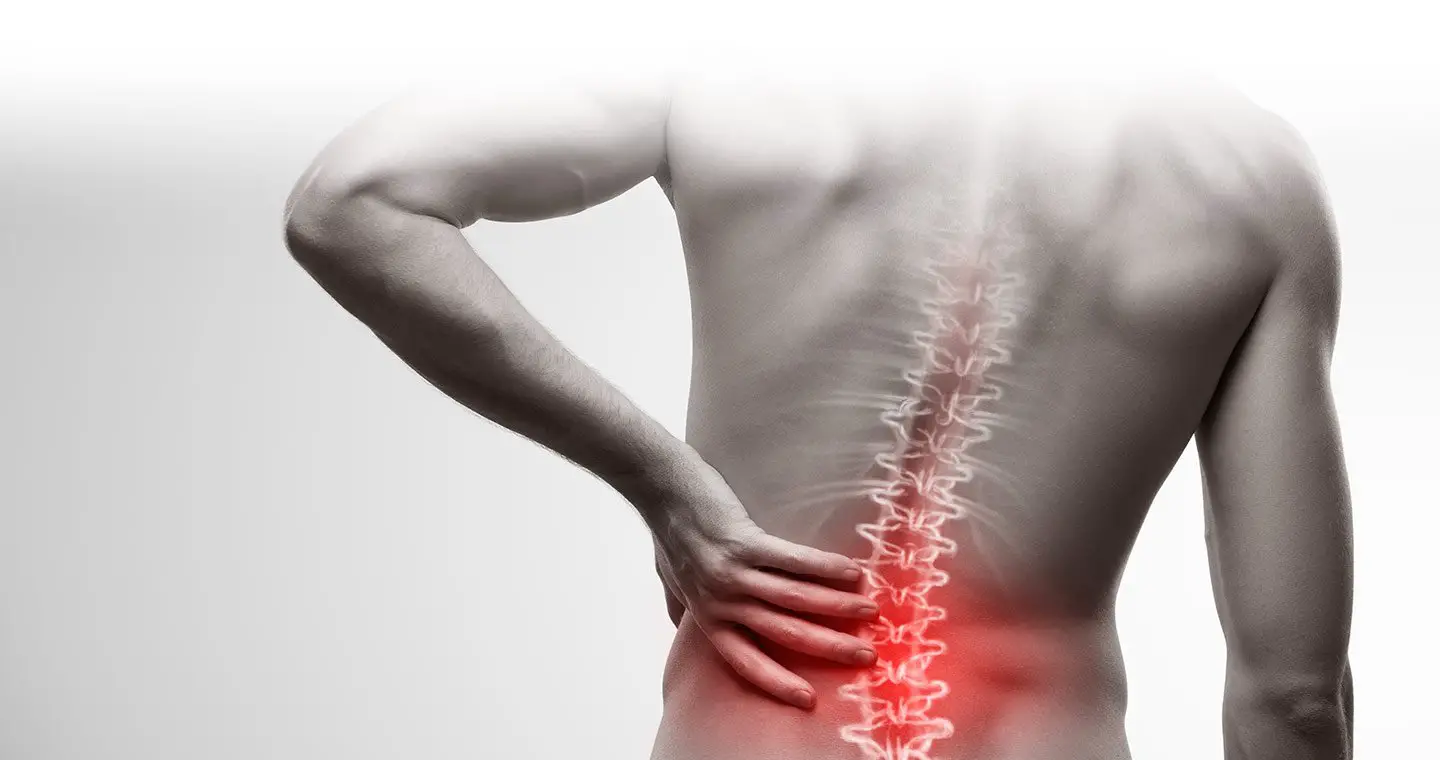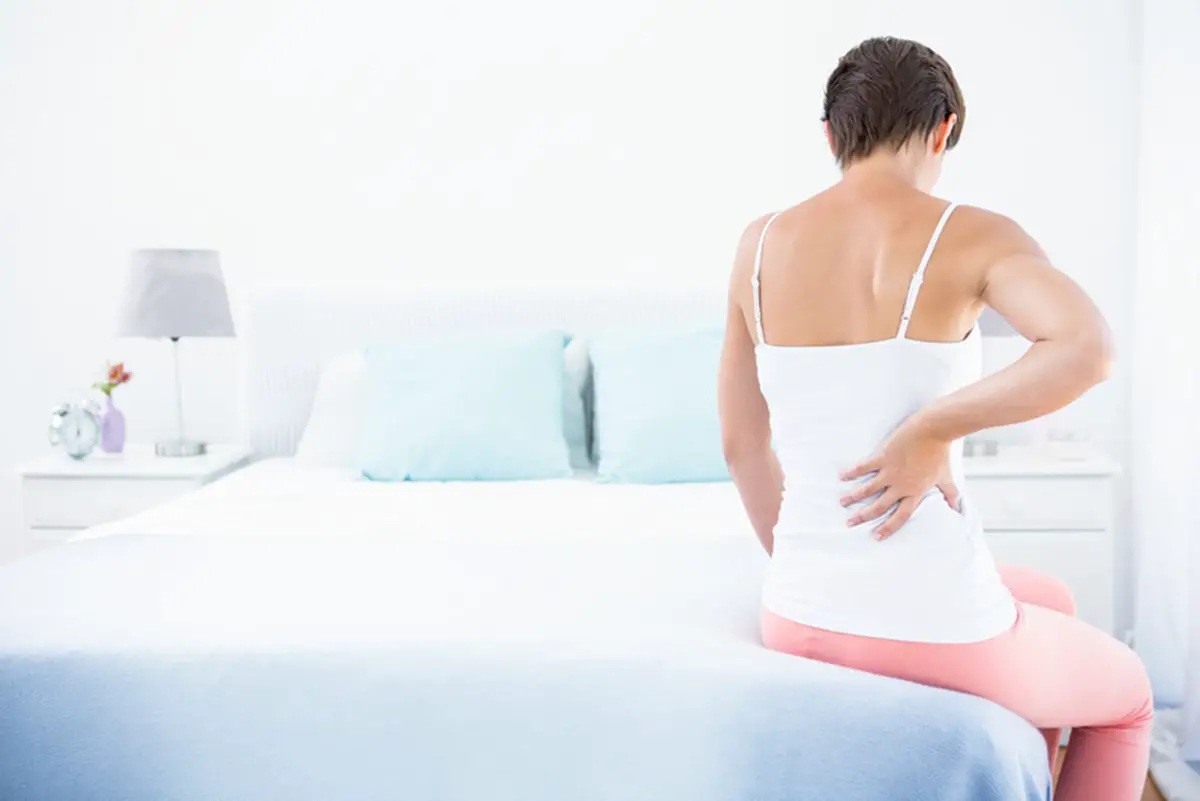About The Urinary Tract
The urinary tract is where our bodies make and get rid of urine. It’s made up of:
- the kidneys two bean-shaped organs, about the size of your fists, that make urine out of waste materials from the blood
- the ureters tubes that run from the kidney to the bladder
- the bladder where urine is stored until we go to the toilet
- the urethra the tube from the bladder through which urine leaves the body
Prevention Of Kidney Infections
Kidney infections are the result of bladder infections migrating to one or both kidneys. Here are some methods to reduce your risk of UTIs and kidney infections:
- Maintain personal hygiene habits such as washing your genitals and wiping front to back.
- Individuals with indwelling bladder catheters should remember to have their catheters changed regularly to avoid irritation and infection. Make sure to clean and monitor the area surrounding where the catheter enters the urethra.
- Pee when you need to. Donât hold it, and try to completely empty your bladder without rushing anything.
- Urinate soon after sex, and make sure to practice safe sex in general.
- Diaphragms, unlubricated condoms, and spermicidal lubes can potentially contribute to infection. Consider switching to different birth control methods if recurring infections are an issue.
If you suffer any symptoms of a urinary tract or kidney infection, talk to your doctor immediately. The faster you act, the more effective the treatment.
If you experience any of these symptoms, to set up a phone appointment with a top U.S. doctor today.
Treating Urinary Tract Infections
Your recommended treatment plan by your GP will depend on whether your infection is in the upper or lower urinary tract.
Both types of urinary tract infection can usually be treated at home using a course of antibiotics.
If an upper UTI is more serious or there is increased risk of complications, you may need hospital treatment.
Also Check: What Is The Best Medicine For Lower Back Pain
Should I Take Antibiotics To Prevent Uti
Not usually. Antibiotics are medicines used to kill bacteria that cause infection. When you take an antibiotic to kill bacteria, the bacteria can change or adapt in a way that it becomes resistant to the antibiotic being used. This means that the antibiotic can no longer kill the bacteria. It takes a stronger antibiotic to then kill the bacteria in the future. There are a limited number of antibiotics that can kill bacteria, so its best to use antibiotics only when needed to avoid reaching the point when the bacteria are resistant to all antibiotics.
Here are a few recommendations for using antibiotics and better avoiding antibiotic resistance.
- Do not take antibiotics that are not prescribed to you.
- Do not take antibiotics for conditions that do not require them. For example, dont take antibiotics to treat viruses like the cold or flu.
- Do not take antibiotics simply because your urine has bacteria. It is very common for people with SCI to have bacteria in their urine, so you usually only need to take an antibiotic to treat a UTI when you begin to you have signs and symptoms.
- Antibiotics may be used to prevent infection in some situations. For example, women with SCI are often prescribed antibiotics to prevent UTI during pregnancy.
Causes Of Kidney Infection

Normally, the urinary tract keeps out bacteria. On occasion, however, bacteria can enter the urethra and continue up into the bladder causing inflammation, urinary tract infection, and an infection of the kidneys.
It is also possible for blood to transmit a virus or bacteria to the kidneys from other parts of the body.
For around every 30 cases of urinary tract infection, one results in a kidney infection.
Urinary tract infections are more likely to occur in older people or those with other medical conditions such as:
- Infected bladder
Read Also: How To Treat A Lower Back Pinched Nerve
Option #: After Antibiotics Uti Symptoms Still Linger Maybe Its Not A Uti
Guess what, UTI is not the only diagnosis responsible for UTI-like symptoms.
Unfortunately, this scenario happens way too often: you have had many well-diagnosed UTIs in the past, so when you complained of UTI-like symptoms, your doctor prescribed you antibiotics right away.
Sometimes, after you take antibiotics you could even feel better but then you notice that some symptoms still remained. This could be confusing, especially if antibiotics did bring you a slight relief.
Per Dr. Hawes, if you never had blood in your urine, cloudy urine, or funny smelling urine in the first place, if your only symptoms were bladder pain and slight burning with urination, then chances are high that it was not a UTI.
As Dr. Lisa Hawes explains After multiple UTIs, the bladder lining is damaged and inflamed. When the protective GAG bladder layer is damaged, the acidic urine can easily irritate the bladder and cause pain.
If you noticed that drinking lots of water help with your condition, it is because you are simply diluting the urine and making it less irritating to your bladder walls.
Medications and supplements that help to coat the lining of the bladder could greatly reduce these symptoms.
Are Cramps A Common Symptom Of A Uti
Cramping pain is a common symptom of a UTI. It may be also felt as a feeling of pressure or soreness. Youll typically feel UTI cramps in your pelvic area or lower back.
Where does this pain come from? The bacteria that cause a UTI can invade the lining of your urinary tract. This, in turn, can lead to inflammation and irritation. Additionally, urine provides a good medium in which these bacteria can continue to multiply.
In addition to cramps, some other symptoms of a UTI include:
- a painful or burning sensation when you urinate
UTIs are treated with antibiotics. While youll often find that your symptoms begin to get better shortly after starting antibiotics, its important to finish the entire antibiotic course. This helps ensure your infection is completely cleared.
As you recover, you can try the following home remedies to help relieve UTI cramps:
- Use a heating pad: Applying a heating pad to your abdomen or lower back may help to ease cramping.
- Drink water:Drinking water not only keeps you hydrated, but can also help dilute your urine and flush bacteria from your urinary tract.
- Take over-the-counter medications: OTC pain medications like ibuprofen , naproxen , and acetaminophen can help to soothe pain from a UTI.
Recommended Reading: Does Ibs Cause Lower Back Pain
Can Uti Symptoms Linger After Antibiotics
A urinary tract infection is uncomfortable, annoying, and potentially life-threatening, if ignored. But once youve sought treatment, can UTI symptoms linger after antibiotics? Learn more about what to do when these symptoms persist after youve started taking medication.
What Is The Urinary Tract
The urinary tract makes and stores urine, one of the body’s liquid waste products. The urinary tract includes the following parts:
- Kidneys: These small organs are located on back of your body, just above the hips. They are the filters of your body removing waste and water from your blood. This waste becomes urine.
- Ureters: The ureters are thin tubes that carry urine from the kidneys to your bladder.
- Bladder: A sac-like container, the bladder stores your urine before it leaves the body.
- Urethra: This tube carries the urine from your bladder to the outside of the body.
Also Check: How To Get Rid Of Period Back Pain
How Do You Treat Back Pain And Frequent Urination
The treatment for back pain and frequent urination depends on the cause and how long symptoms persist.
Your doctor may prescribe medications or antibiotics for infections that cause back pain and frequent urination. They may also recommend over-the-counter pain relievers and exercises to stretch and strengthen the back. Surgery may be necessary if you have stones, a tumor, or an abscess.
Preventing Urinary Tract Infection
You can reduce your chances of developing a UTI by keeping your bladder and urethra free from bacteria.
You can help prevent an infection by:
- drinking plenty of fluids
Toilet tips
To help keep your urinary tract free from bacteria:
- go to the toilet as soon as you feel the need to urinate , rather than holding it in
- wipe from front to back after going to the toilet
- practice good hygiene by washing your genitals every day and before having sex
- empty your bladder after having sex
- if you’re a woman, avoid hovering over a toilet seat as it can result in your bladder not being fully emptied
Diaphragms and condoms
If you use a diaphragm and have recurring UTIs, you might want to consider changing to another method of contraception. This is because the diaphragm may press on your bladder and prevent it emptying completely when you urinate.
If you get recurring UTIs and you use condoms, try using condoms that don’t have a spermicidal lubricant on them it will say whether it does on the packet.
Spermicidal lubricant can cause irritation and may make it more likely that you’ll experience symptoms similar to a UTI.
Read Also: Is Acupuncture Effective For Back Pain
How Do I Know Its A Uti
Urinary tract infections can have classic symptoms, non-classic symptoms, and female or male related symptoms. Those symptoms related to both genders are easily recognizable.
- Both genders experience burning sensations while urinating
- Both have frequent needs to urinate, but produce less output
- Both may have discolored urine white, cloudy, pink, red, dark
- Men and women develop a strong odor in the urine output
- Aching pain in the pelvic area
- Incontinence
- Men may experience pain between the rectum and scrotum
- Men may have dribbling, leakage, or a slow stream
Treatment with antibiotics, drinking plenty of fluid, and taking over the counter pain medications will relieve most patients of a UTI. The doctor will test the urine to find which bacteria is the culprit and order the antibiotic accordingly.
When Do Uti Occur In Women

- Monthly cystitis is a common condition that can cause UTI and related backache. Numerous women have the tendency to get bladder infections each time they have sexual intercourse, according to iytmed.com. Those using a diaphragm for birth control are likewise at greater risk from such infections.
- Patients with weak body immune system, senior or disable patients using catheters are likewise at a risk from recurring UTIs.
- Women who use douches, fragrant shower gels or other personal womanly hygiene products can also increase the chances of developing UTIs.
- Menopause and pregnancy are two other conditions that might cause UTIs due to hormonal changes.
- Women who do not drink sufficient fluids are unconsciously increasing their UTI dangers.
- Likewise, holding the urine for longer periods or having a tendency of developing kidney stones can likewise cause UTI back pain on the left side of the body.
- Similarly, men with bigger prostate or those with kidney stones can likewise establish bladder infection and subsequent pain in the back side.
Also Check: What Kind Of Arthritis Is In The Lower Back
Burning Sensation You May Have A Uti
A urinary tract infection or UTI happens in millions of Americans each year. A UTI can cause pain during urination and more commonly affects women. Several signs show the severity of the infection. These include intense back pain. Understanding whats happening during a UTI can help people get the right treatment right away.
Can You Have Back Pain With Interstitial Cystitis & Does Ic Cause Fatigue
When IC muscles are severely overworked or strained, you can feel pain in the back or side with feverish, shivery feeling.1,2
Symptoms of interstitial cystitis typically include pain in the perineum, urethra, lower abdomen, and lower back.3
Medical studies demonstrate that chronic fatigue is noticed in a lot of IC patients.4
Interstitial cystitis is a chronic bladder condition affecting 4 to 12 million people in the United States alone. It is a tricky condition, tough syndrome hard to diagnose because it is often misjudged for urinary tract infection.
There are several treatments for IC that make help improve the symptoms although there is no proven cure for this disorder. As IC shows a wide range of symptoms and severity, researchers think it may be associated with several diseases however when your pain lasts more than 6 weeks and the pain is not related to other infections or kidney stone, then you have higher possibilities of IC.
Recommended Reading: How I Cured My Lower Back Pain
A Back Pain You Cant Ignore
An upper UTI can cause intense back pain as the infection reaches the kidneys. People will get pain in the lower back and groin area. Back pain comes with two other symptoms: high fever and vomiting. Upper infections happen when a lower UTI goes unchecked or does not respond to antibiotics. These infections are serious and, in severe cases, need hospitalization. If not managed well, the infection can spread to the renal artery and blood, which is life-threatening.
How To Feel Better
If your healthcare professional prescribes you antibiotics:
- Take antibiotics exactly as your healthcare professional tells you.
- Do not share your antibiotics with others.
- Do not save antibiotics for later. Talk to your healthcare professional about safely discarding leftover antibiotics.
Drink plenty of water or other fluids. Your healthcare professional might also recommend medicine to help lessen the pain or discomfort. Talk with your healthcare professional if you have any questions about your antibiotics.
Read Also: Is Stretching Good For Lower Back Pain
Prevent Your Bladder From Getting Too Full
Empty your bladder when needed. Empty it completely each time. This will help to reduce your chances of developing two common problems that increase your risk for UTI.
How To Get Rid Of Uti Back Pain
Urinary tract infections, or UTIs, are infections that infect areas of your urinary system. The urinary system is made up of four parts:
- The kidneys
- The bladder
- The urethra
The urethra is a thin tube that connects the bladder to the outside of your body. When you urinate, the urine flows out of the bladder through the ureters and urethra.
Sometimes bacteria makes its way up the ureters, into your bladder, and sometimes all the way up into your kidneys. This can lead to back pain and is a sign of a serious infection.
Recommended Reading: Do Ovarian Cysts Cause Back Pain
Discuss With Your Doctor If Some Of Your Uti Symptoms Persist After Antibiotics
Here are several questions that you should think about prior to your doctor visit to help your physician with the right information:
- Are your symptoms stronger when the bladder is full and you feel better after urination?
- Does a certain position trigger bladder pain?
- Do you feel that your symptoms stay the same over the course of days and even weeks?
- Is there blood in your urine, foul smell, or is your urine cloudy?
- If youd like more help on how to discuss your UTI with your provider and how to make the most out of your patient-doctor relationships, check out my Actionable Guide here.
How Do You Know If A Uti Has Spread To Your Kidneys

Kidney infections usually present with a fever, chills, and back pain.
The main difference between UTI and kidney infection symptoms is:
- High fever
The most common kidney infection symptoms include:
- Fever
- Severe flank pain
- Nausea
Kidney back pain is concentrated on the back in between the ribs and hips. Constant dull or severe pain is usually reported. Pain increases with increase fluid intake or if someone presses on your back.
Also Check: What Are The Causes Of Lower Back And Hip Pain
Eat Healthy And Exercise
A healthy diet and exercise are two of the best ways for most everyone with SCI to boost their immune system. A healthy immune system helps you to fight off infections.
- Ask your health professional for advice before starting an exercise program or changing your diet.
- Consider taking vitamin and mineral supplements. Zinc magnesium and vitamins A, B6, B12, C, D, and E may help to boost your immune system. Ask your health professional for advice before taking any supplements.
Relief Without A Prescription
An over-the-counter drug called phenazopyridine can help ease your pain, burning, and irritation. It also controls your need to pee frequently and urgently.
But there’s a catch. It only works on your symptoms. It doesn’t cure your infection. You still need to see your doctor to make sure you get treatment to fight the bacteria that’s causing your UTI.
Also, one common side effect: It turns your pee dark red or orange while you take it.
Also Check: How To Get Instant Back Pain Relief
Urinary Tract Infection Treatment
If you are a healthy adult man or a woman who is not pregnant, a few days of antibiotic pills will usually cure your urinary tract infection. If you are pregnant, your doctor will prescribe a medicine that is safe for you and the baby. Usually, symptoms of the infection go away 1 to 2 days after you start taking the medicine. Its important that you follow your doctors instructions for taking the medicine, even if you start to feel better. Skipping pills could make the treatment less effective.
Your doctor may also suggest a medicine to numb your urinary tract and make you feel better while the antibiotic starts to work. The medicine makes your urine turn bright orange, so dont be alarmed by the color when you urinate.